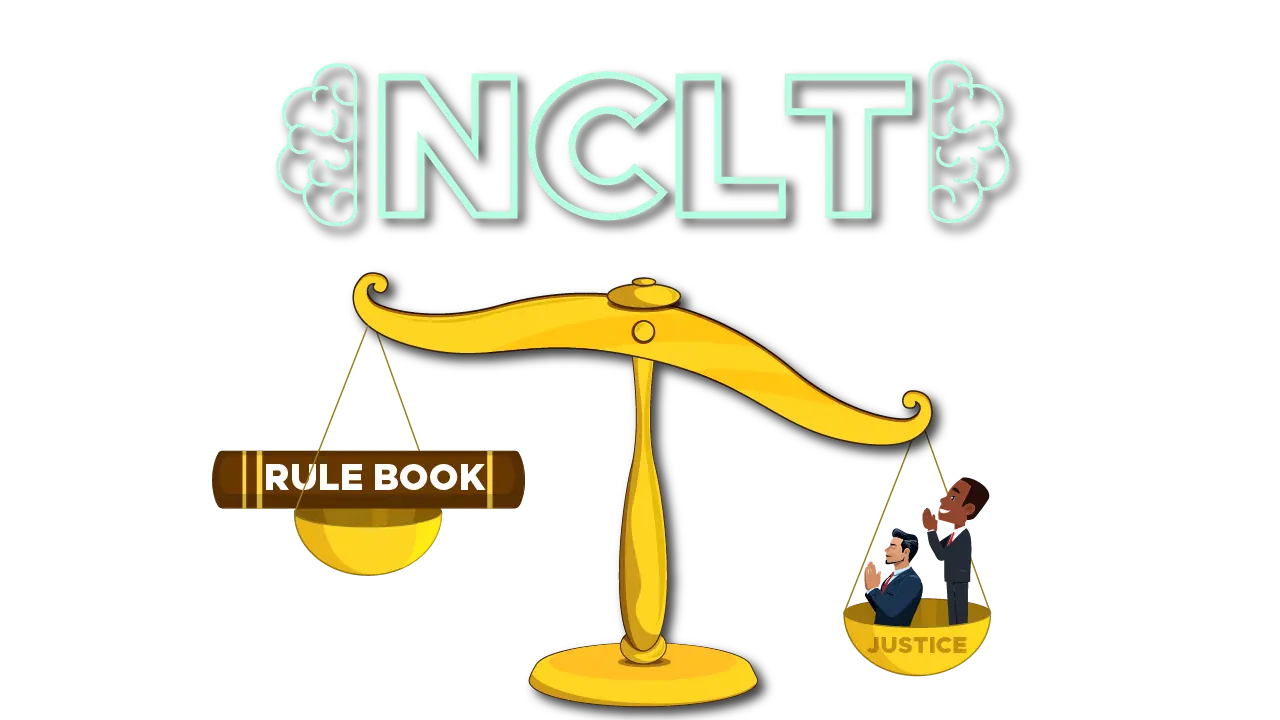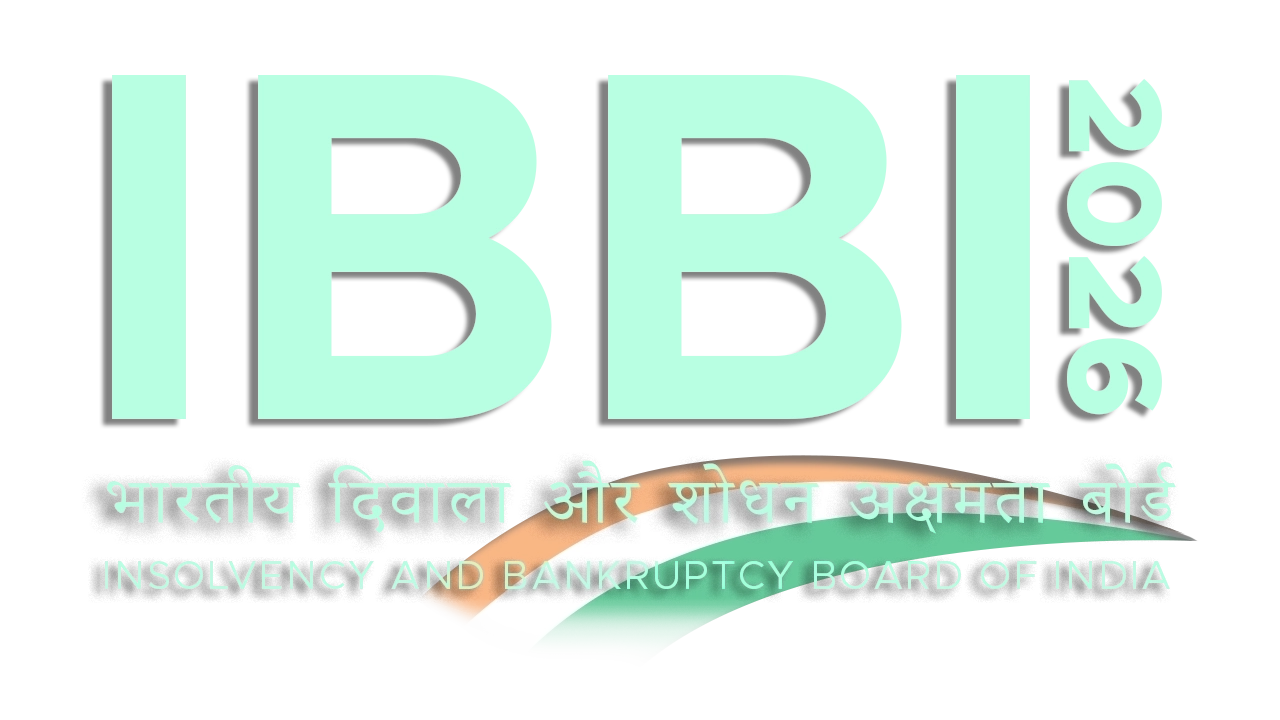Introduction
In the dynamic landscape of corporate governance, disputes concerning the affairs of a company, particularly those involving allegations of oppression and mismanagement, frequently arise. To address such grievances, the Companies Act1, 2013, provides specific mechanisms, primarily through Section 241, which allows members to seek relief from the NCLT2 . However, the right to file such an application is subject to certain eligibility criteria, prominently detailed in Section 244 of the Act, which sets a threshold for the number or shareholding of members required to initiate these proceedings.
Specifically, Section 244(1)(a) mandates that for a company having a share capital, not less than one hundred members or one-tenth of the total members (whichever is less), or any member(s) holding not less than one-tenth of the issued share capital, are eligible to apply. For companies without share capital, Section 244(1)(b) stipulates that not less than one-fifth of the total number of its members are required. Despite these stringent requirements, a crucial proviso to Section 244(1) empowers the NCLT to waive these conditions, thereby enabling members who might not otherwise meet the threshold to file an application under Section 241.
In a significant recent judgement in Somangsu Biswas Versus the Calcutta Cricket & Football Club3, the National Company Law Appellate Tribunal (NCLAT) New Delhi bench, comprising Justice Yogesh Khanna (Judicial Member) and Mr. Ajai Das Mehrotra (Technical Member), has clarified the scope of this discretionary power. The NCLAT held that in instances of internal differences among company members and repeated, unadjudicated allegations of oppression and mismanagement, the NCLT can indeed exercise its discretionary power under the proviso to Section 244(1) to waive the eligibility criteria. This article will delve into the details of this pivotal judgment, exploring the underlying reasons and its implications for minority shareholder protection and corporate disputes.
The heart of the dispute lies in the interpretation and application of Section 244 of the Companies Act, 2013. The appellant, a general committee member of the Respondent No. 1 Company, contested the NCLT’s decision to waive these eligibility requirements. The Respondent No. 1 Company, notably, is a Section 8 company, meaning it operates without share capital and primarily for charitable or non-profit purposes, and boasts approximately 1850 members.
The appellant’s primary grievances were twofold: first, a contention that no notice was given to the respondents when the matter was taken up for hearing by the NCLT, thereby violating principles of natural justice. Second, and more substantively, the appellant highlighted the stark numerical disparity: the petitioners before the NCLT (Respondents No. 16 to 19) constituted only 4 out of 1850 members of the company, representing a miniscule 0.002% of the total membership. This, the appellant argued, fell significantly short of the 1/5th (20%) membership threshold stipulated by Section 244(1)(b) for companies without share capital.
The crucial question then becomes: under what circumstances can the NCLT, despite such a low numerical representation, waive the eligibility criteria? The appellant heavily relied on the NCLAT’s pronouncement in Cyrus Investments Pvt. Ltd. & Anr. v. Tata Sons Ltd. & Ors4., a landmark judgment that laid down critical guidelines for considering waiver applications. The Cyrus Investments case underscored that the NCLT’s power to waive, being judicial in nature, cannot be exercised capriciously or arbitrarily. It necessitates a speaking and reasoned order, issued after due notice to the proposed respondents.
The Tribunal, while not delving into the merits of the Section 241 application at the waiver stage, must objectively form an opinion based on the pleadings and evidence, ensuring the proposed application genuinely pertains to “oppression and mismanagement” and is not frivolous.
Cyrus Investments outlined several key factors for the Tribunal to consider:
- Membership Status: Are the applicants indeed members of the company? (A fundamental prerequisite)
- Nature of Allegations: Does the proposed application under Section 241 truly pertain to ‘oppression and mismanagement’? Or is it a mere frivolous claim?
- Prior Adjudication: Have similar allegations of ‘oppression and mismanagement’ been previously raised by any other member and already decided or concluded?
- Exceptional Circumstances: Is there an exceptional circumstance made out to grant ‘waiver’?
The appellant further reinforced this stance by citing ID Chugh & Ors5. v. Vikram Kapur & Ors. and S. Ahamed Meeran Managing Director v. Ronny George son of Late Mr. V.R. George and others6, both of which reiterated the necessity of “exceptional circumstances” for the grant of waiver, aligning with the principles established in Cyrus Investments.
The appellant critically pointed out that the NCLT’s impugned order, in granting the waiver, appeared devoid of specific reasons for its expediency and necessity. The NCLT’s reasoning, as captured in paragraphs 13 and 14 of its order, primarily revolved around the Respondent Club being “one of the oldest sports clubs having very rich heritage” and that it was “in public interest that such differences are addressed in right earnest.” Was this sufficient to constitute “exceptional circumstances”?
Conversely, the contesting respondents, Respondents No. 16 and 19, vehemently defended the NCLT’s order. They dismissed the appellant’s claim of ex-parte proceedings, asserting that advance notice was indeed issued to all respondents, and their counsels were present during the hearing when the order was reserved. They argued that the challenge based on insufficient opportunity was an afterthought, given that no application for recalling the order or filing a reply was made in the intervening period.
More significantly, the contesting respondents highlighted the substantive allegations of oppression and mismanagement raised in their waiver application and company petition. These included serious accusations such as:
- Wrongful convening of the Annual General Meeting and illegal election of General Committee Members.
- Defalcation and embezzlement of funds, alongside concealment of related party status.
- Illegal contention that some petitioners had ceased to be General Committee Members.
- Violation of a Calcutta High Court order.
- The illegality and void nature of the AGM held on September 11, 2023.
- Allegations of embezzlement and siphoning of funds, demanding proper investigation and disciplinary proceedings against certain individuals.
The respondents contended that the NCLT, by reproducing some of these allegations in its order (paragraphs 7 and 8), had indeed considered the substance of the oppression and mismanagement claims. They further emphasized that the Cyrus Investments judgment itself, particularly paragraphs 151 and 152, used the word “normally” and indicated that the listed factors were merely indicative and not exhaustive. This implied a flexibility for the NCLT to consider other relevant circumstances.
Crucially, they pointed out that besides the four petitioners, 90 other members had also raised similar issues of mismanagement through a letter to the Club Management, demonstrating a broader concern within the membership. This collective concern, coupled with the club’s prestigious nature and its contribution to national sports, was presented as justifying the “public interest” angle considered by the NCLT.
The NCLAT, in reaching its decision, carefully applied the tests laid down in Cyrus Investments. It first confirmed that the petitioners were indeed members of the company, fulfilling the initial criterion. It then acknowledged that the proposed application undeniably pertained to “oppression and mismanagement,” as evident from the substantial allegations noted by the NCLT in its original order. Furthermore, it was confirmed that these specific allegations had not been previously adjudicated or concluded. Therefore, the first three requirements of Cyrus Investments were satisfied.
This left the pivotal question: was there an “exceptional circumstance” to grant the waiver? The NCLAT observed that the NCLT had indeed recognized the “differences between the members” and the “public interest” involved in a Section 8 company dedicated to promoting sports. It also noted the fact that 90 other members had raised similar issues of mismanagement, demonstrating a broader dissent beyond the four initial petitioners.
The NCLAT drew strength from previous judgments where waiver had been granted. In Brookefiled Technologies Pvt. Ltd. v. Shylaja Iyer and Others7, the NCLAT affirmed that the Tribunal’s power to waive is discretionary, to be exercised in “genuine and hardship cases.” It emphasized that a meritorious litigation should not be thrown out at the threshold if the averments necessitate a detailed examination.
Similarly, in Photon Infotech Pvt. Ltd. and Others v. Medici Holdings Ltd. and Others8, the NCLAT granted waiver, recognizing that when allegations pertain to “oppression and mismanagement” and are not frivolous, and particularly when the company’s substratum itself has been transferred, it constitutes an “exceptional circumstance.” The Photon Infotech case also highlighted that the proviso to Section 244(1) is “open-ended,” granting wide discretion to the NCLT, albeit to be exercised judiciously.
Therefore, the NCLAT concluded that considering the multitude of factors—the genuine allegations of oppression and mismanagement, the demonstrable internal differences, the wider support for these concerns from other members, and the significant public interest inherent in a Section 8 sports club—the NCLT’s exercise of discretion in granting the waiver was sound.
The appellate court, mindful of the Supreme Court’s pronouncements in Wander Ltd. and Another v. Antox India P. Ltd9. and Laxmikant V. Patel v Chetanbhai Shah and Another10, chose not to interfere, recognizing that an appellate court should not substitute its own discretion for that of the trial court unless the discretion has been exercised arbitrarily, capriciously, or perversely. In this instance, the NCLAT found that the NCLT had exercised its discretion reasonably and judicially, thereby upholding the waiver and dismissing the appeal.
Conclusion
This NCLAT judgment marks a crucial development in the realm of corporate governance, particularly for companies operating without share capital and those with a significant public interest component. By affirming the NCLT’s discretionary power to waive the eligibility criteria under Section 244(1)(b), the ruling provides a vital avenue for even a small group of members to seek redress for genuine grievances of oppression and mismanagement. This is especially significant in contexts where internal dissent is rife and access to justice might otherwise be curtailed by numerical thresholds. The emphasis on “public interest” and the existence of multiple, unadjudicated allegations of mismanagement underscore a pragmatic approach to ensure accountability and transparent functioning of corporate entities.
The implications of this judgment are far-reaching. It offers enhanced protection for minority members in Section 8 companies, ensuring that their voices are not stifled merely due to numerical limitations. It reiterates that the NCLT’s role extends beyond a mere gatekeeper based on strict numerical compliance, allowing it to delve into the substantive nature of allegations to determine if a waiver is warranted. This could potentially lead to a greater number of oppression and mismanagement applications being admitted, as the focus shifts from rigid compliance to the gravity of the alleged misconduct and the broader impact on the company and its stakeholders.
However, this ruling also prompts a critical question for the future: while the NCLAT has provided guidance on what constitutes “exceptional circumstances,” how will the NCLT consistently apply this discretionary power across a diverse range of cases without leading to an increase in vexatious or frivolous litigations? The balance between ensuring access to justice for genuine grievances and preventing misuse of legal provisions will remain a key challenge for the Tribunal in the coming years.
Citations
- The Companies Act, 2013
- National Company Law Tribunal
- Somangsu Biswas Versus the Calcutta Cricket & Football Club Company Appeal (AT) No.56 of 2024
- Cyrus Investments Pvt. Ltd. & Anr. v. Tata Sons Ltd. & Ors. reported in 2017 SCC OnLine NCLAT 261
- ID Chugh & Ors. v. Vikram Kapur & Ors., Company Appeal (AT) No. 229 of 2022
- S. Ahamed Meeran Managing Director v. Ronny George son of Late Mr. V.R. George and others, 2018 SCC OnLine NCLAT 968.
- Brookefiled Technologies Pvt. Ltd., Represented by Director, Mr. Pawan Kumar Jain and Another v. Shylaja Iyer and Others, reported in 2020 SCC OnLine NCLAT 829
- Photon Infotech Pvt. Ltd. and Others v. Medici Holdings Ltd. and Others, reported in 2018 SCC OnLine NCLAT 632
- Wander Ltd. and Another v. Antox India P. Ltd. reported in 1990 (Supp) SCC 727
- Laxmikant V. Patel v Chetanbhai Shah and Another reported in (2002) 3 SCC 65
Expositor(s): Adv. Anuja Pandit






